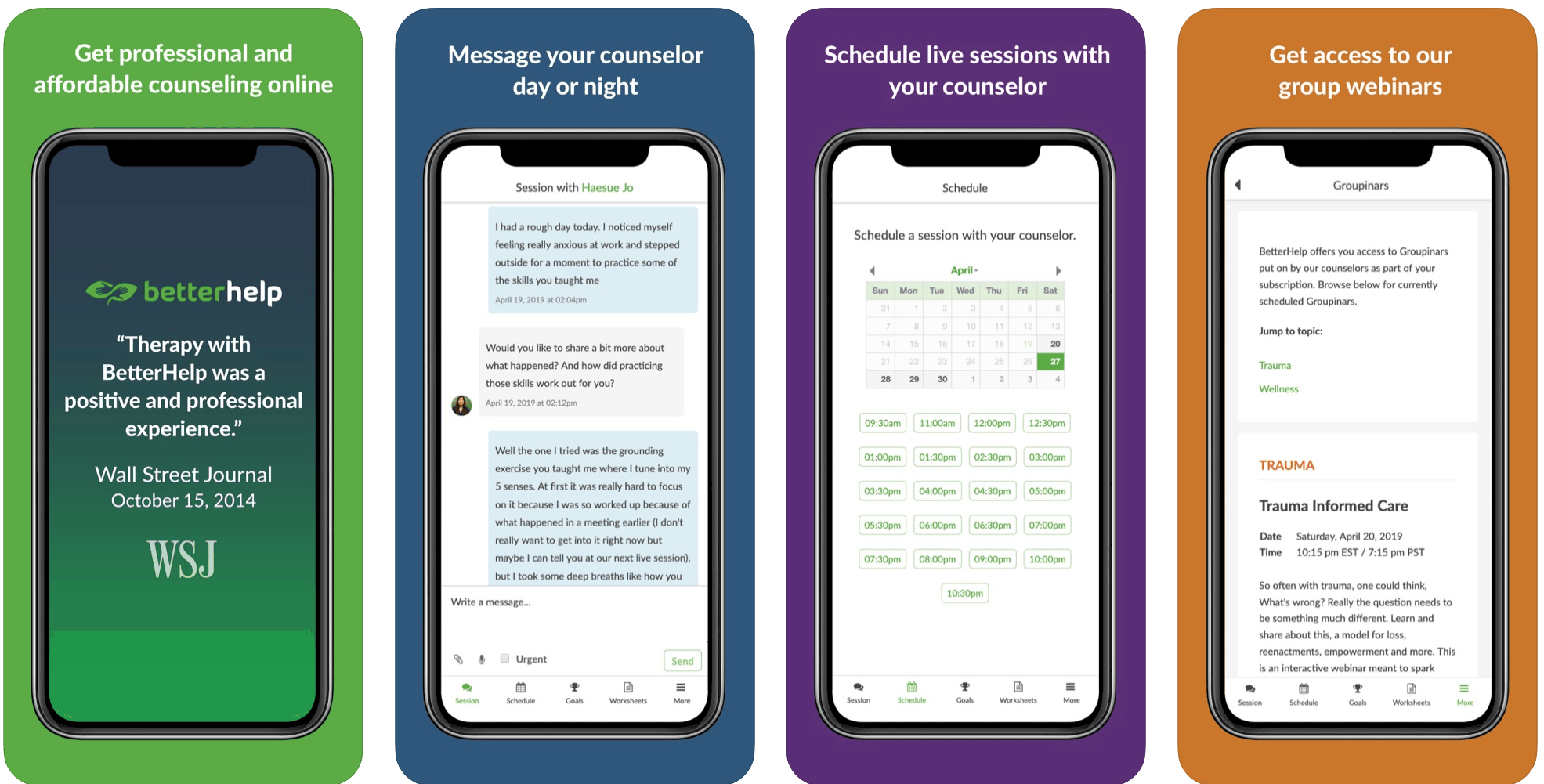The Virtual Path to Wellness: Unveiling the Top Benefits of Online Therapy
In today's fast-paced digital world, the ways in which we access vital services continue to evolve. One area that has seen significant growth is online therapy. With the rise of virtual platforms and the widespread availability of internet connectivity, more individuals are turning to online therapy as a convenient and effective means of seeking support for their mental health and well-being.
Online therapy, often referred to as e-therapy or teletherapy, offers a myriad of benefits that make mental health care more accessible and inclusive. Through secure and confidential virtual sessions, individuals can connect with licensed therapists from the comfort of their own homes or virtually anywhere with an internet connection. betterhelp alternatives of convenience eliminates traditional barriers such as commuting time, scheduling conflicts, and the need to find a physical location, making therapy more feasible for those with busy lifestyles or limited mobility.
Advantages of Online Therapy
Convenience is a major benefit of online therapy, as it allows individuals to access mental health support from the comfort of their own homes. This eliminates the need to commute to appointments, saving time and reducing stress associated with traveling to a physical therapy office.
Online therapy offers a wider range of options for individuals seeking mental health support. With online platforms, people can choose from a diverse pool of therapists, ensuring they find a professional who meets their specific needs and preferences.
Privacy and confidentiality are prioritized in online therapy, providing individuals with a safe space to open up and discuss their concerns without the fear of being overheard or seen by others. This level of anonymity can help individuals feel more comfortable sharing their thoughts and feelings with their therapist.

Accessibility and Convenience
Online therapy provides a level of accessibility that traditional in-person therapy may not be able to match. Individuals who may have difficulty attending face-to-face sessions due to physical limitations, busy schedules, or geographical constraints can benefit greatly from the flexibility of online therapy.
The convenience of online therapy allows for sessions to be conducted from the comfort of one's own home or any preferred location. This eliminates the need to commute to a therapist's office, saving both time and stress. With just a few clicks, individuals can connect with a qualified therapist and receive the support they need without disrupting their daily routines.
Moreover, the digital nature of online therapy offers scheduling options that accommodate varying time zones and busy lifestyles. This flexibility allows individuals to seek help during times that work best for them, making mental health care more accessible and personalized.
Effectiveness of Online Therapy
Online therapy has been proven to be highly effective in providing mental health support to individuals who may not have access to traditional in-person therapy services. Numerous studies have shown that online therapy can be just as effective as face-to-face therapy in treating a wide range of mental health issues, including anxiety, depression, and PTSD. The convenience and flexibility of online therapy make it a valuable option for those with busy schedules or limited mobility.
One of the key benefits of online therapy is the ability to seek help from the comfort of one's own home. This can reduce barriers to accessing therapy, such as transportation issues or concerns about stigma. Clients can engage in therapy sessions using their computer or smartphone, allowing them to connect with a licensed therapist at a time that works best for them. This level of accessibility can lead to more consistent and frequent therapy sessions, which can contribute to better mental health outcomes.
Additionally, online therapy provides a sense of anonymity and privacy for individuals seeking help for personal struggles. Some people may feel more comfortable expressing their thoughts and emotions through online communication rather than face-to-face interaction. This increased sense of confidentiality can help individuals open up more freely during therapy sessions, leading to a deeper therapeutic experience.